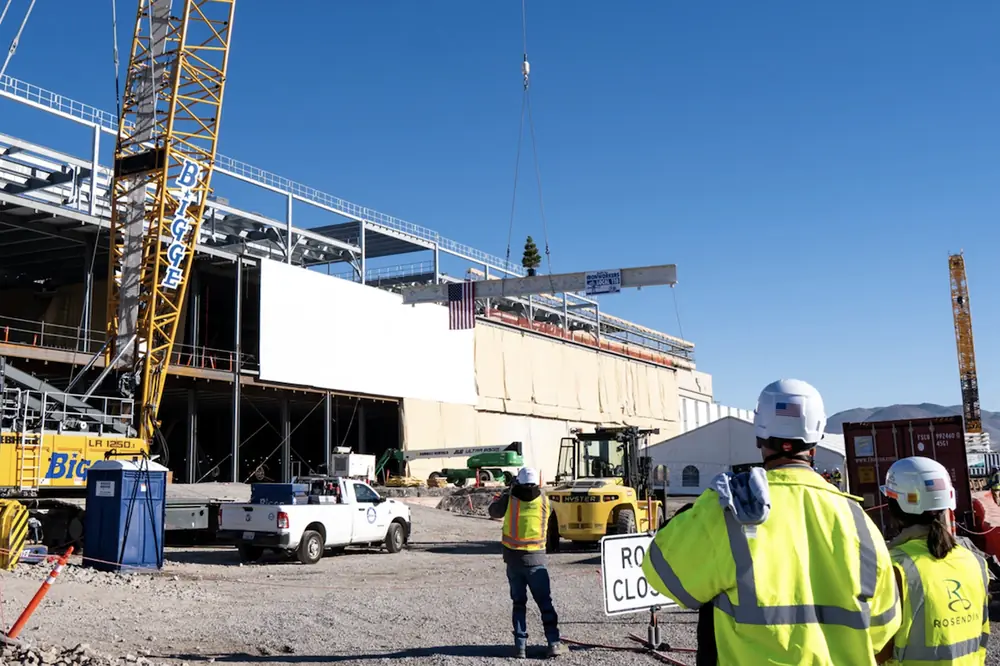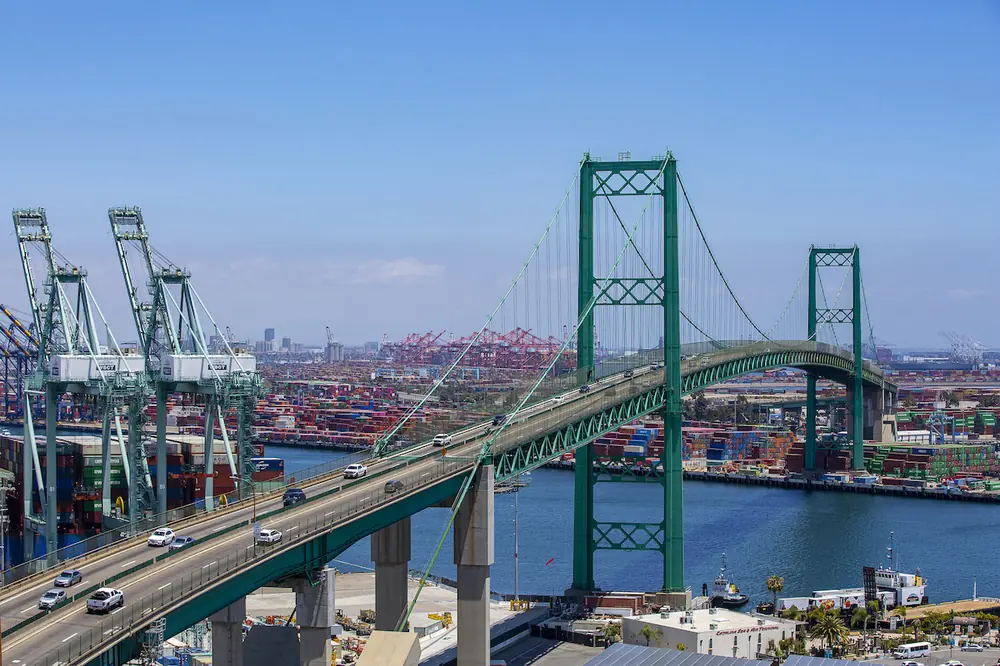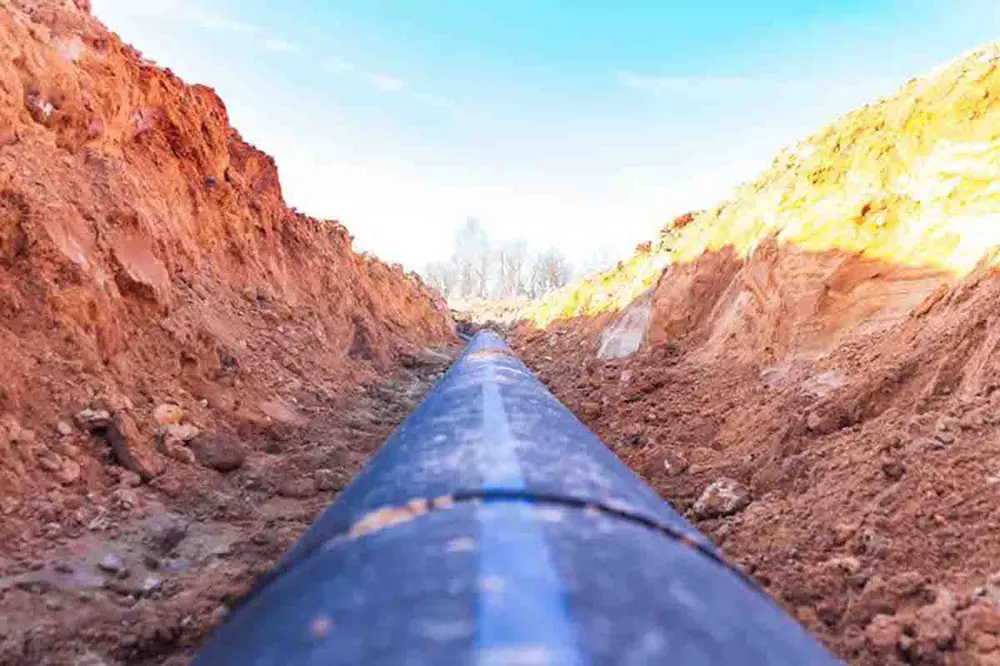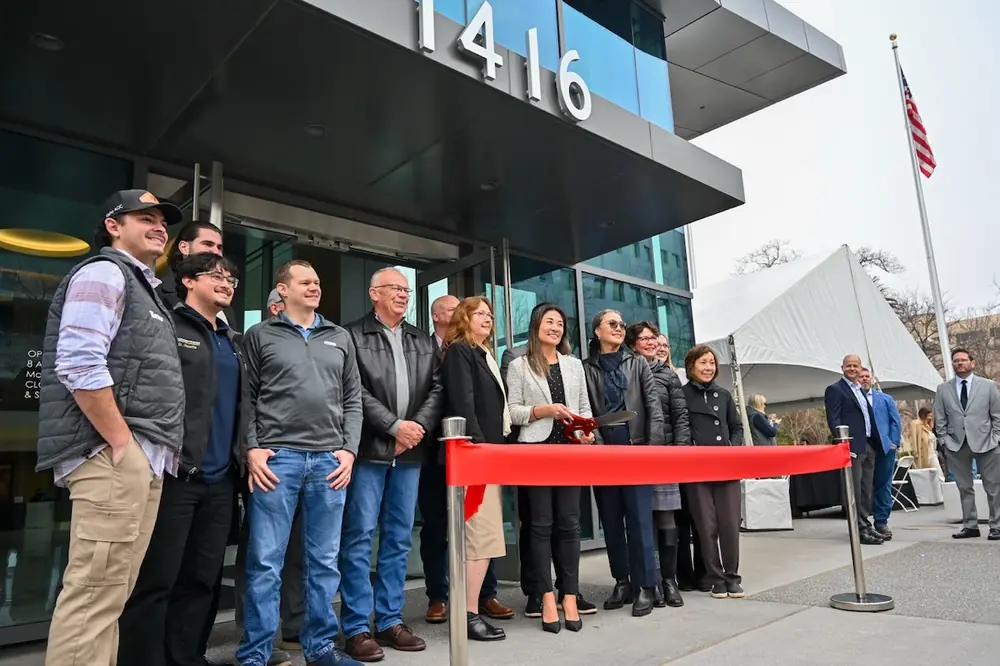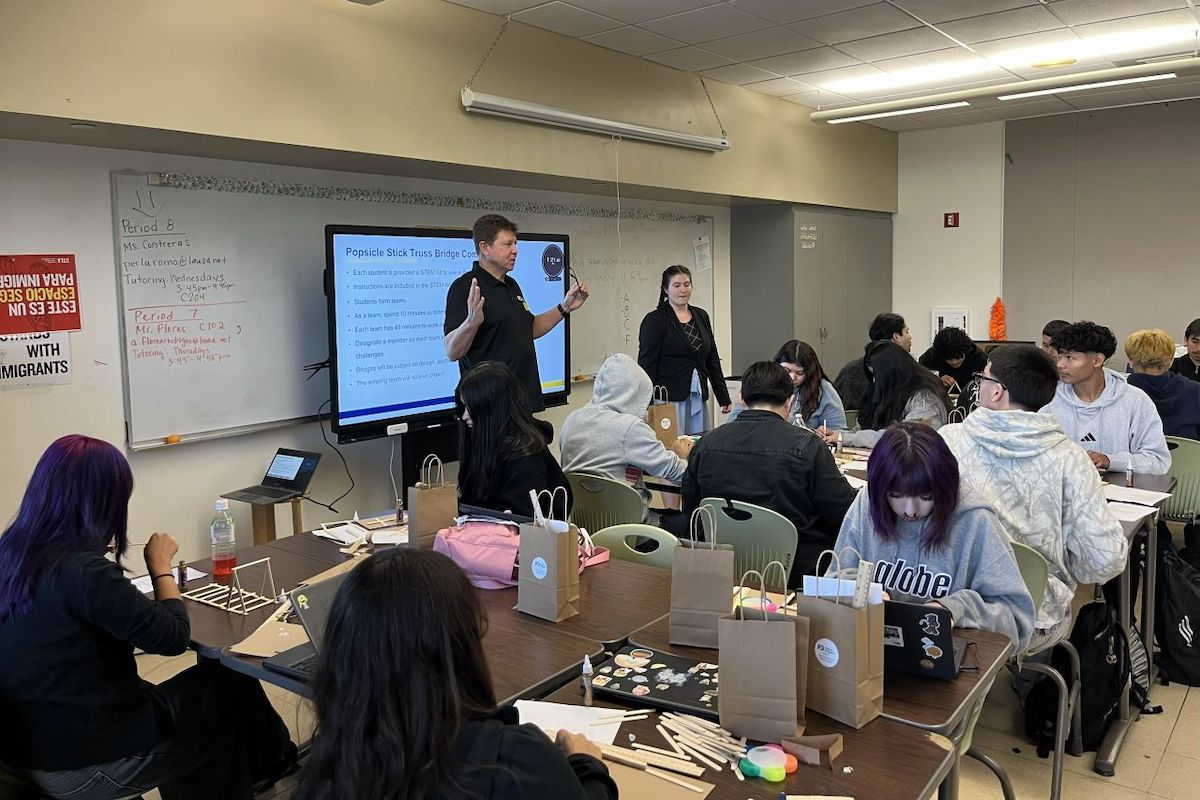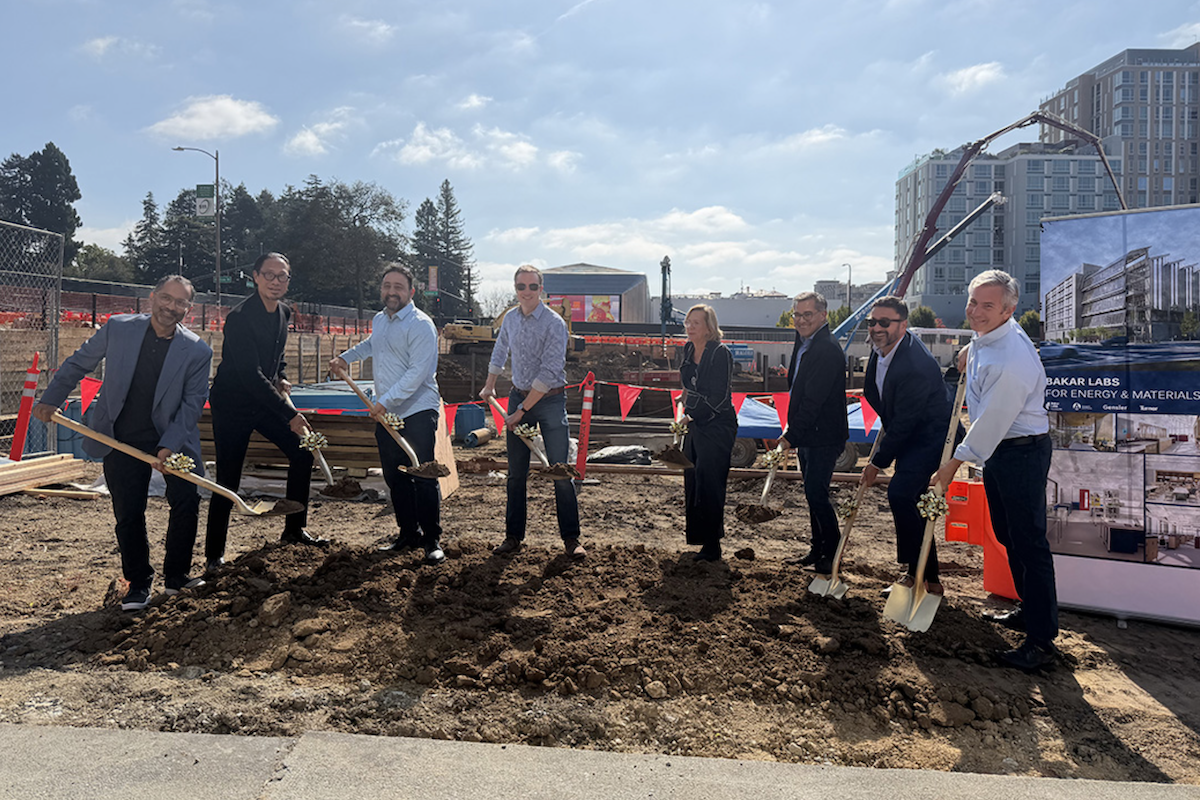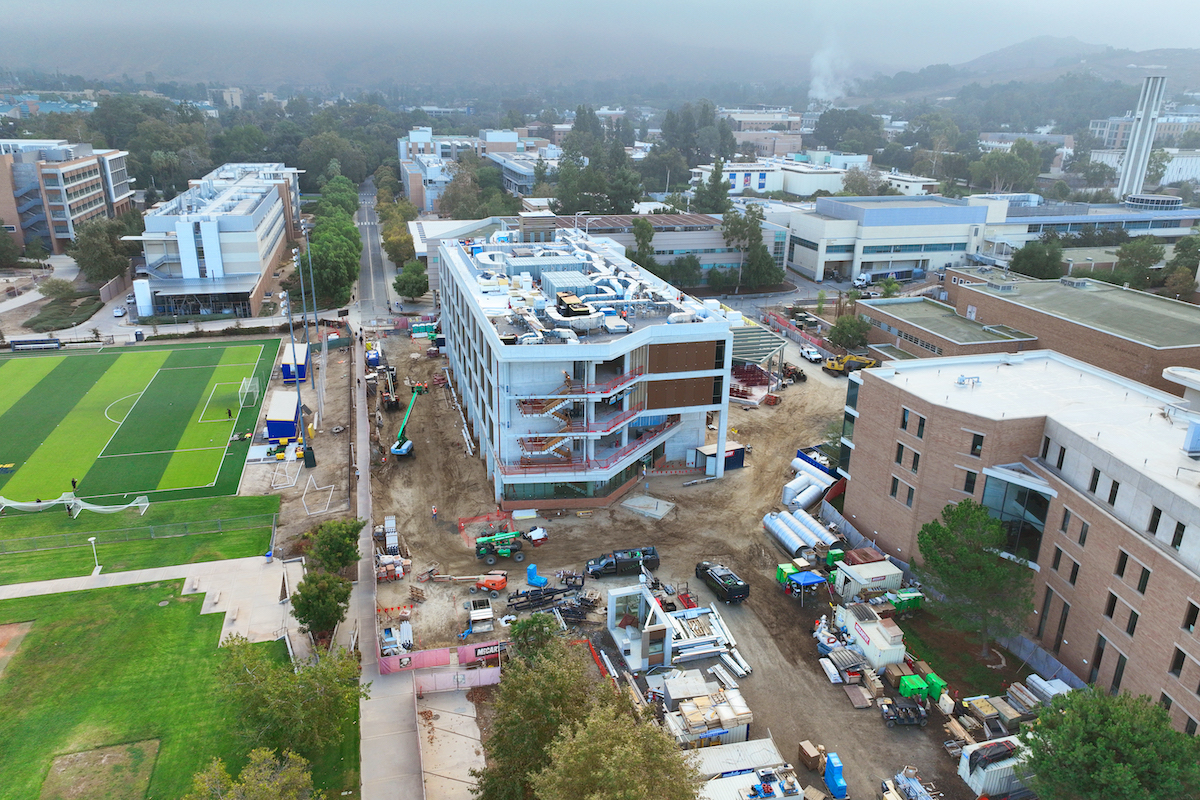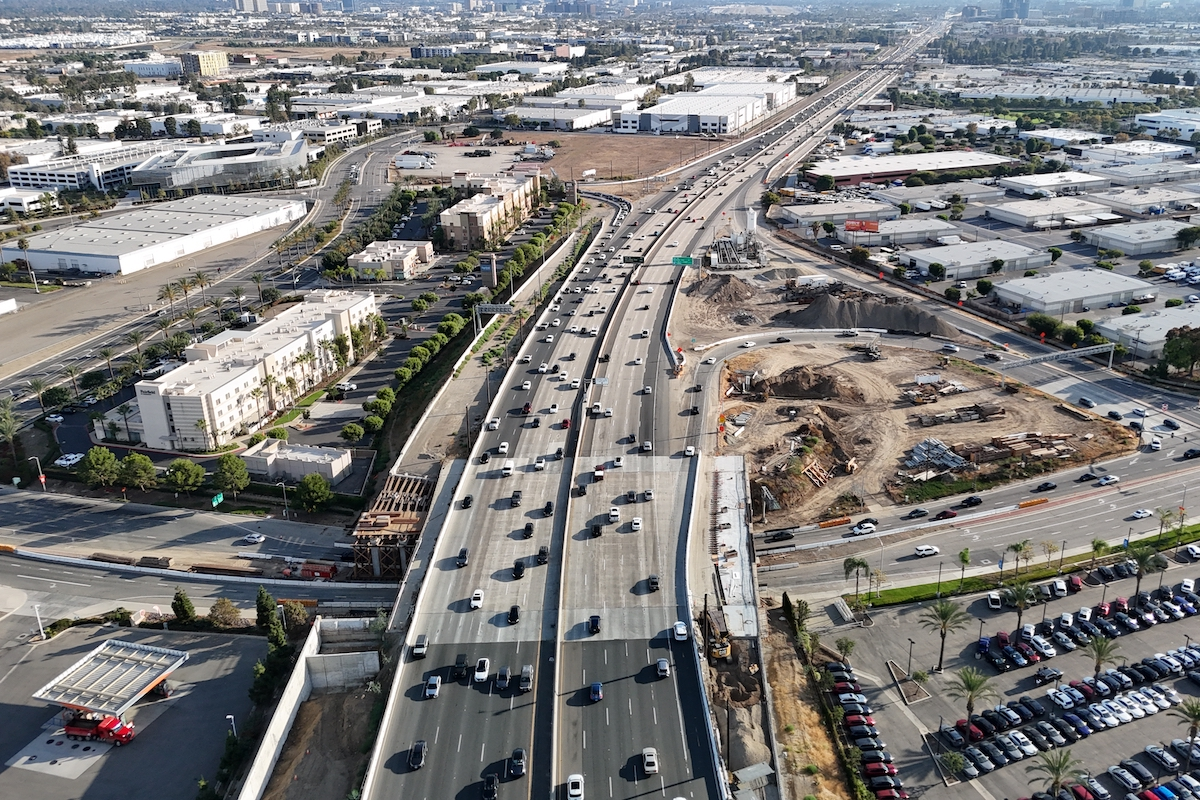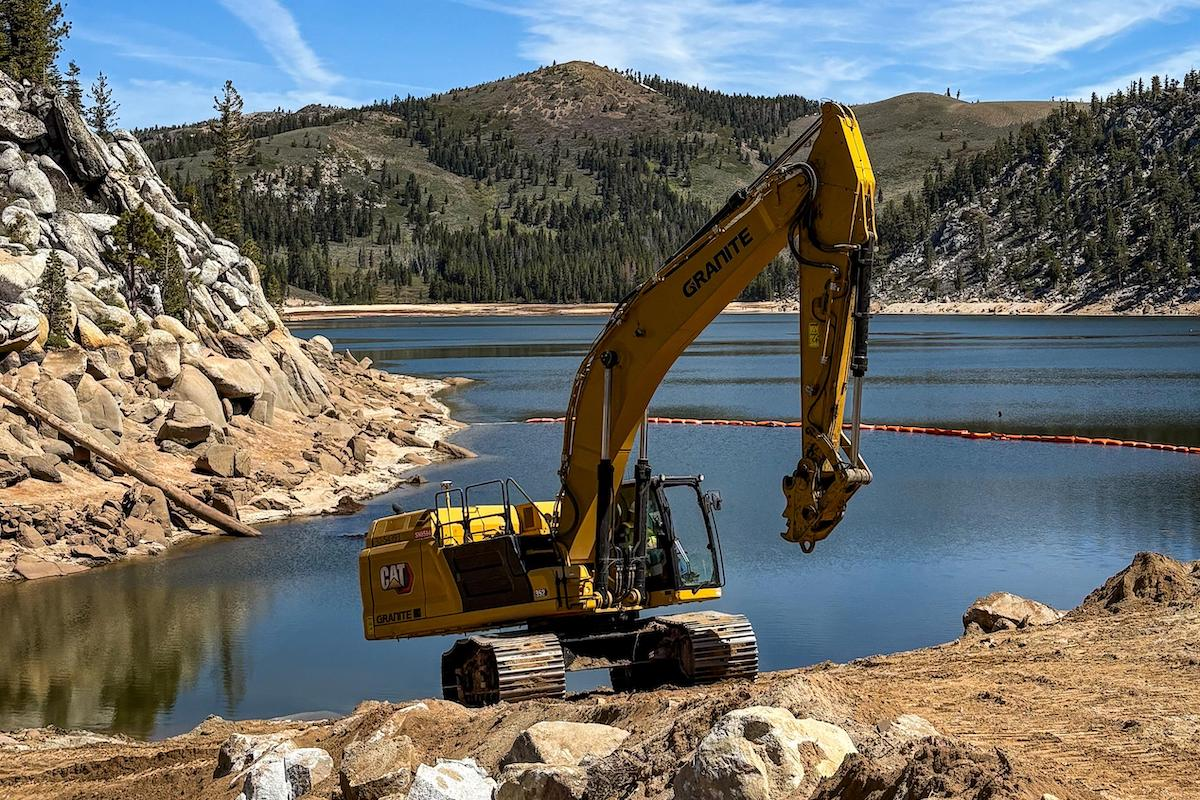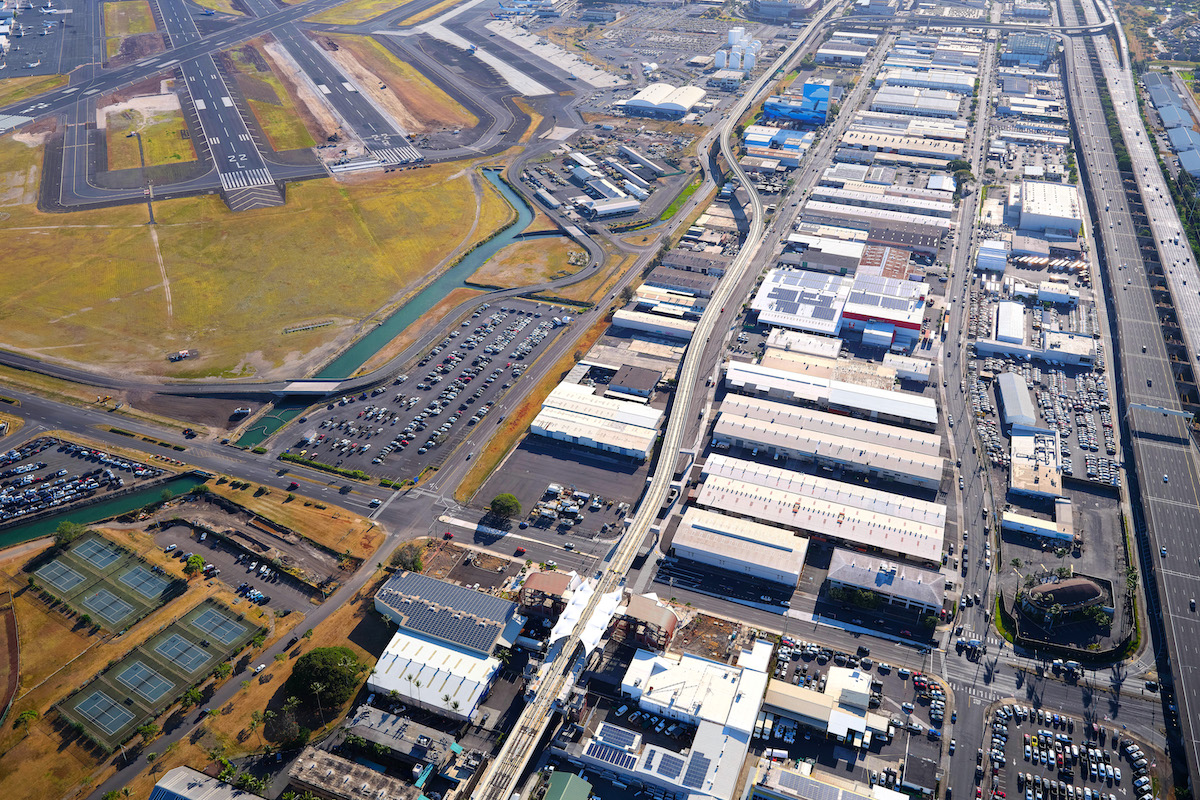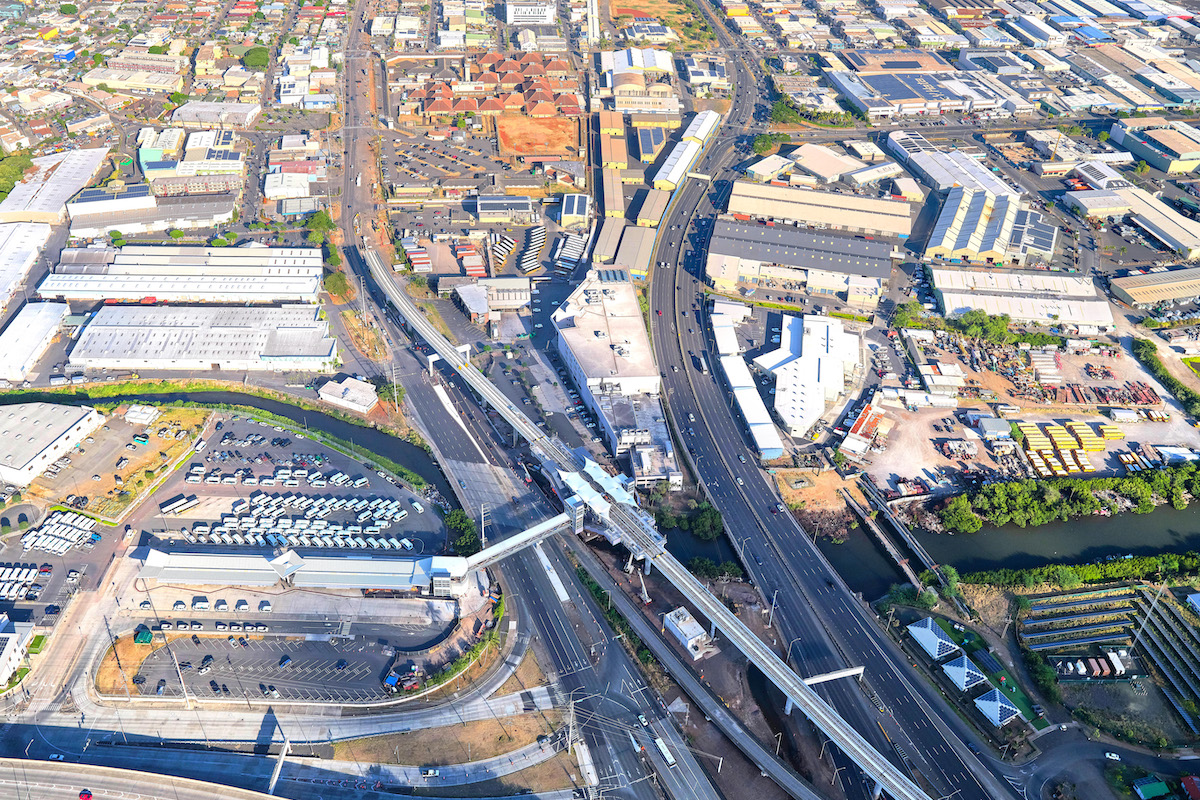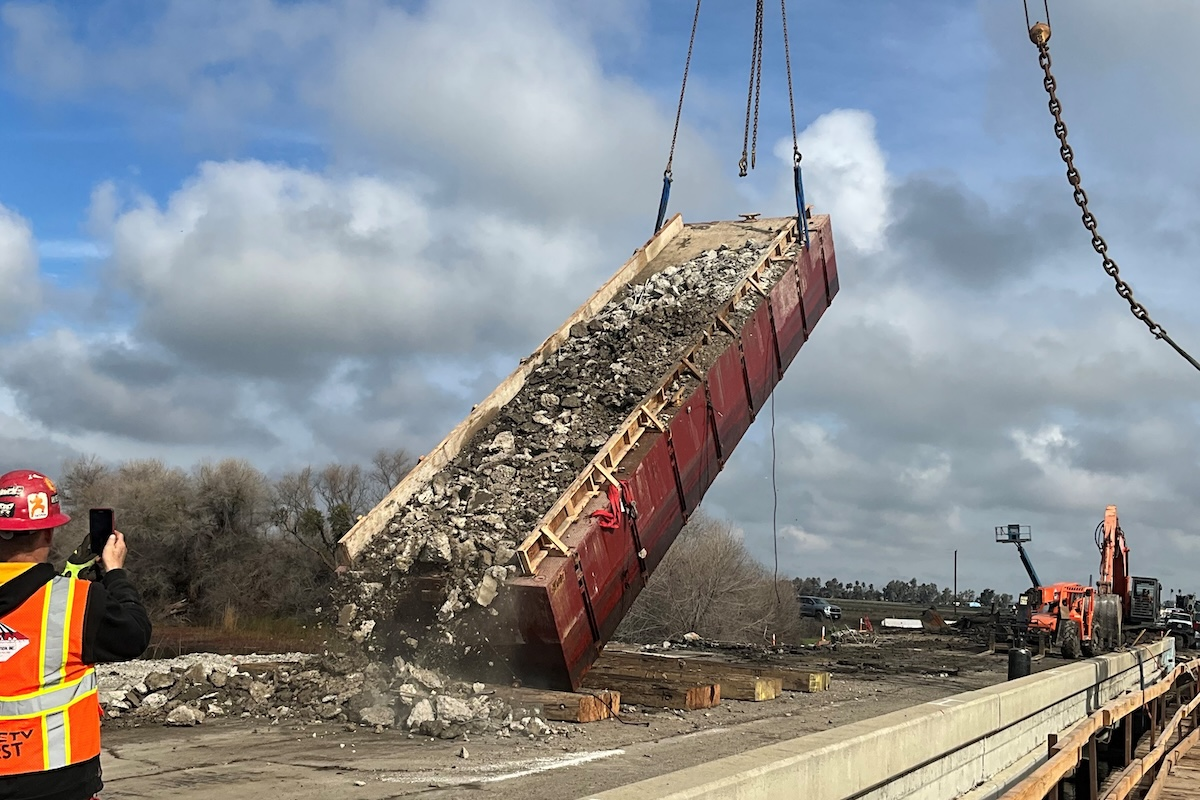The U.S. Department of Transportation (USDOT) defines construction materials as an article, material, or supply — other than an item of primarily iron or steel; a manufactured product; cement and cementitious materials; aggregates such as stone, sand, or gravel; or aggregate binding agents or additives — that is or consists primarily of:
- Non-ferrous metals
- Plastic and polymer-based products (including polyvinylchloride, composite building materials, and polymers used in fiber optic cables)
- Glass (including optic glass)
- Lumber
- Drywall
In May 2022, USDOT issued a temporary 180-day waiver regarding the new BABAA requirement for construction materials. According to USDOT, delaying the coverage of construction materials gives the industry time to begin developing procedures to document compliance for the new Made in America standards. The waiver expires on November 10, 2022.
“Before these requirements take effect, it is critical that the U.S. Department of Transportation conduct thorough analyses of domestic manufacturing capabilities, provide sufficient opportunity for public comment on draft rules, and provide adequate time for public and private entities to adjust and learn final rules. To accomplish the necessary work, the Administration should extend the 180-day BABAA waiver to ensure that, in the meantime, projects are not needlessly delayed. Rushing through this process could further drive inflation and result in significant delays to projects that will facilitate the enhanced movement of people and goods that, in turn, will help improve the nation’s constrained supply chain.”
One of the organizations that co-signed the letter, the American Road & Transportation Builders Association (ARTBA), recently urged USDOT on August 18 to “take a collaborative approach with the transportation construction industry and consider various options for implementing the new requirements.” This was in response to a request for information (RFI) on the pending coverage of construction materials.

| Your local Gomaco dealer |
|---|
| Terry Equipment |
“When you all of a sudden add a new requirement like this to the supply chain and say, ‘These categories of materials all have to be domestically produced,’ that’s a challenge,” said Rich Juliano, General Counsel at ARTBA. “We’ve been working with our members and public sector partners for the better part of a year, even before the bill was passed, when we thought it was likely that this provision was going to be included. We’ve been trying to take stock of that situation now for some time.”
Along with the RFI, ARTBA has held numerous face-to-face meetings with the White House, USDOT, state transportation agencies, and other associations.
“I think this is really a matter of all of the parties to these projects trying to work together and work through this,” Juliano said. “Whether it’s the federal officials, state DOTs, or the industry collectively. We are communicating frequently. In the short-term this may be difficult, but hopefully in the longer-term as we reset the objectives as time goes on, we’ll be able to achieve the long-term goals involved with this and build projects safely and efficiently in a timely fashion.”












